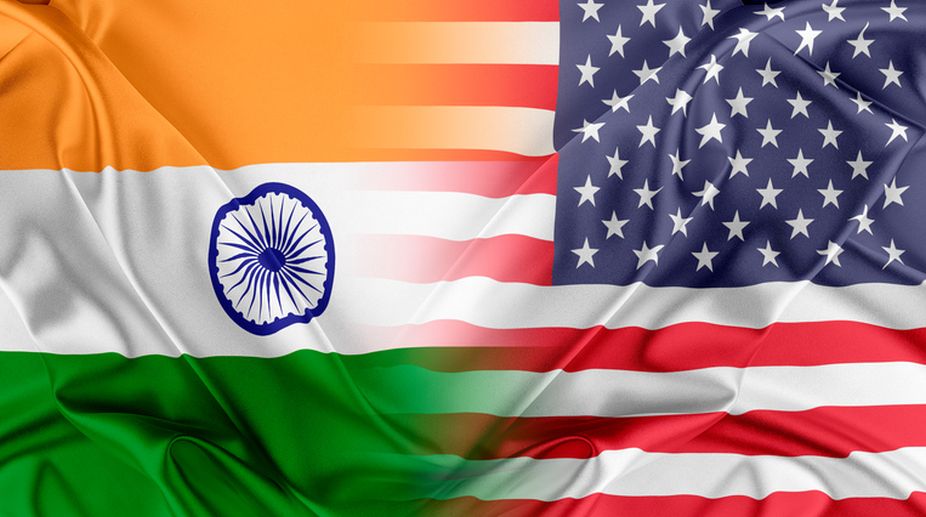In the most recent turn of events in the tussle over domestic subsidies between the United States and India at the World Trade Organisation, the US, on 21 February vehemently opposed India’s plea to formulate a dispute resolution panel. This plea continues the case that India filed at the WTO in September 2016. India alleged that the domestic content requirements and subsidies provided by eight US states contravened WTO law, and are very similar to those under the Jawaharlal Nehru Solar Mission (JNSM) that the WTO Appellate Body earlier held to violate WTO law.
The United States argued that Article 3.10 of the Dispute Settlement Understanding (DSU) makes it clear that in instances where Member States use the WTO for political reasons not founded in law, the defending State has the right to summarily have the case disposed off. The DSU requires that the States use the WTO “in good faith” and that “complaints and counter-complaints […] [in distinct matters] should not be linked”.
Advertisement
To find the sweet spot in this chatter, the US and India’s domestic content requirements are similar. Eight US states provide incentives for using solar modules manufactured in their respective states. Similarly, the JNSM provides a requirement to use domestically produced solar modules manufactured in India. Both seem to fall short of complying with WTO law.
India takes issue with 11 US state laws. Three involve tax incentives related to biofuel produced in Montana; two involve renewable energy technology requirements in California; and the remaining six cover a variety of domestic content requirements for electricity production via solar, wind, and anaerobic digestion in Washington, Massachusetts, Connecticut, Michigan, Delaware and Minnesota.
Anaerobic digestion involves biological processes through which biodegradable materials (waste water and solid waste) break down to form biogas. This biogas can be combusted to generate electricity and heat.
The US victory last year in the dispute against India regarding local content requirements for JNSM will affect the US’s ability to defend its own state-level renewable energy programs: The Appellate Body of the WTO held that India's local content requirements violate national treatment obligations under Article III:4 of the GATT. It disregarded all of India's defences.
Considering the similarity between the US and Indian programmes, India should have a perfect precedent to argue its case. WTO members concur that the local content requirements violate core national treatment obligations.
Another defence for the US, though weak, would be under Article XXIV.12 that states all WTO members should take reasonable measures to ensure that the laws made by sub-national or state governments comply with WTO laws. The US may argue that it had taken “reasonable measures” to ensure compliance. However, there is no precedent for this under WTO practice. Moreover, such an argument would open a Pandora’s box for such exemptions and could close the route to challenge another country’s sub-national policies that breach WTO law.
India does not export a significant amount of renewable energy equipment to the U.S. and the state-level programmes in question have “virtually no effect on commerce,” according to the US. “At a time when WTO dispute settlement resources are stretched thin, we regret that India would seek to use WTO resources on such a matter,” complained the US.
India, for its part, reiterated arguments made in its 9 September 2016 consultation request. The 11 state-level renewable energy programmes it identified in that request allegedly contain production incentives based on local content requirements, in violation of the agreement on Subsidies and Countervailing Measures, Article III of the General Agreement on Tariffs and Trade, and Article 2.1 of the Agreement on Trade-Related Investment Measures.
Under the DSU, the first request for a dispute settlement panel may be blocked by any member, as the US did on 21 February. A second request may not be blocked. The next DSU meeting is slated for March 21, and the US appears to be out of options.
The writers are, respectively, professor of law and a student at the Jindal Global Law School (JGLS), Sonipat.











